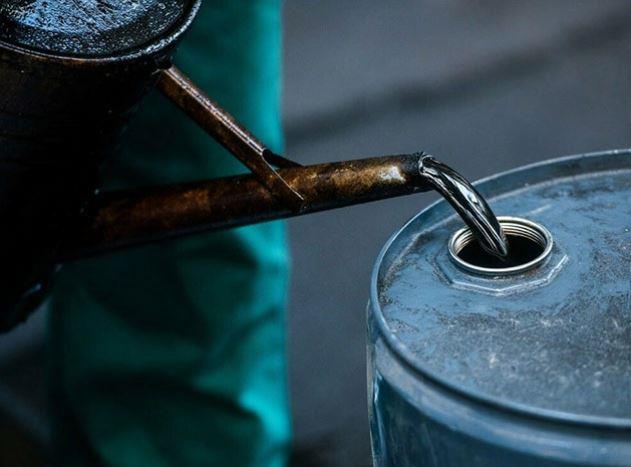
European Union Leaders Have Agreed On A Plan To Block More Than Two-Thirds Of Russian Oil Imports
May 31 (BBC) – European Union leaders have agreed on a plan to block more than two-thirds of Russian oil imports.
The ban will only affect oil that arrives by sea but not pipeline oil, following opposition from Hungary.
For similar articles, join our Telegram channel for the latest updates. – click here
ADVERTISEMENTEuropean Council chief Charles Michel said the deal cut off a huge source of financing for the Russian war machine.
It is part of a sixth package of sanctions approved at a summit in Brussels, which all 27 member states have had to agree on.
Russia currently supplies 27% of the EU's imported oil and 40% of its gas. The EU pays Russia around €400bn ($430bn, £341bn) a year in return.
READ: Israel signs major trade pact with Gulf state UAE
So far, no sanctions on Russian gas exports to the EU have been put in place, although plans to open a new gas pipeline from Russia to Germany have been frozen.
What is in the EU's sixth set of sanctions?- Russian seaborne oil to be banned by the end of the year, with a temporary exemption for pipeline oil. Two-thirds of Russian oil arrives by sea
- Pledges by Poland and Germany to stop importing pipeline oil by the end of this year will raise coverage of the ban to 90% of Russian imports
- Russia's largest bank, Sberbank, to be cut off from the Swift payment system, which allows the rapid transfer of money across borders
- Three more Russian state-owned broadcasters banned
- More restrictions on“individuals responsible for war crimes in Ukraine”
EU members spent hours struggling to resolve their differences over the ban on Russian oil imports, with Hungary its main opponent.
The compromise followed weeks of wrangling until it was agreed there would be“a temporary exemption for oil that comes through pipelines to the EU”, Mr Michel told reporters.
Because of this, the immediate sanctions will affect only Russian oil being transported into the EU over sea – two-thirds of the total imported from Russia.
But in practice, European Commission President Ursula von der Leyen said the scope of the ban would be wider, because Germany and Poland have volunteered to wind down their own pipeline imports by the end of this year.
“Left over is around 10-11% that is covered by the southern Druzhba,” Ms Von der Leyen said, referring to the Russian pipeline supplying oil to Hungary, Slovakia and the Czech Republic.
The European Council will revisit this exemption“as soon as possible”, she added.

The ban on Russian oil imports was initially proposed by the European Commission – which develops laws for member states – a month ago.
But resistance, notably from Hungary, which imports 65% of its oil from Russia through pipelines, held up the EU's troubled latest round of sanctions.
Hungarian Prime Minister Victor Orban declared the agreement a victory for his country.
“We succeeded in defeating the proposal of the European Council which would have forbidden Hungary from using Russian oil,” he said in a Facebook video.
Other landlocked countries, such as Slovakia and the Czech Republic, also asked for more time due to their dependence on Russian oil. Bulgaria, already cut off from Russian gas by Gazprom, had likewise sought opt-outs.
The cost of living crisis being felt across Europe has not helped either. Sky-rocketing energy prices – among other things – have curtailed some EU countries' appetite for sanctions which could also hurt their own economies.
Subscribe to our Telegram channel for the latest updates from around the world

Legal Disclaimer:
MENAFN provides the
information “as is” without warranty of any kind. We do not accept
any responsibility or liability for the accuracy, content, images,
videos, licenses, completeness, legality, or reliability of the information
contained in this article. If you have any complaints or copyright
issues related to this article, kindly contact the provider above.


















Comments
No comment